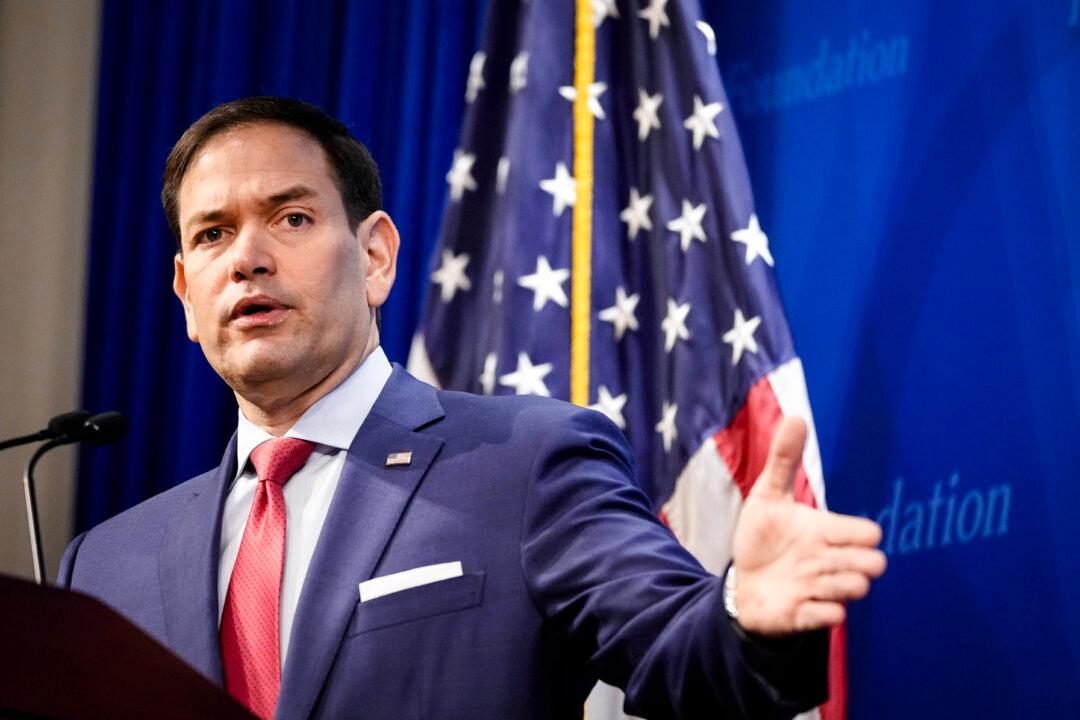Chinese Communist Party (CCP) leader Xi Jinping has initiated a strategic shift toward an economic model that could protect China’s economy from external shocks, according to new research.
The report, released on July 30, was authored by Jimmy Goodrich, a fellow at the University of California Institute on Global Conflict and Cooperation. The study, which examines official CCP speeches and policy documents, provides a detailed analysis of the Party’s progress in implementing its “fortress economy” policy through several key areas.




